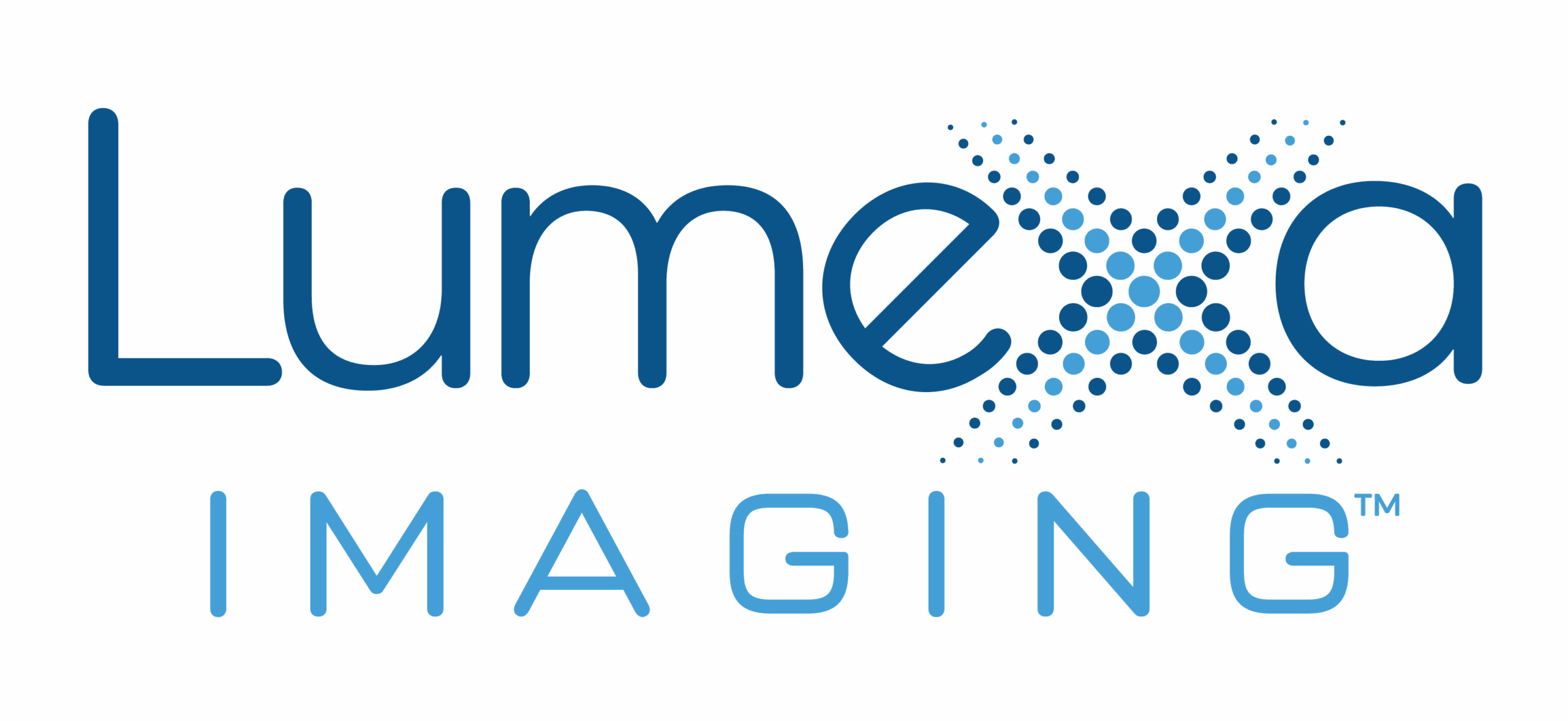Your Rights and Protections Against Surprise Medical Bills
You are protected from balance billing when you receive emergency care or are treated by an out-of-network healthcare provider at an in-network hospital or ambulatory surgical center. In these instances, you shouldn’t be charged more than your insurance plan’s copayments, coinsurance, and deductible.
What is “balance billing” (sometimes called “surprise billing”)?
When you see a doctor or other health care provider, you may owe certain out-of-pocket costs, such as a copay, coinsurance, or a deductible. You may have additional charges or pay the entire bill if you see a provider or visit a health care facility that isn’t in your health plan’s network.
“Out-of-network” describes providers and facilities that haven’t signed a contract with your health plan. Out-of-network providers may be permitted to bill you for the difference between what your plan agreed to pay and the total amount charged for a service. This is called “balance billing.” This amount is likely more than the in-network costs for the same service and might not count toward your annual out-of-pocket limit.
“Surprise billing” is an unexpected balance bill. This can happen when you can’t control who is involved in your care–like when you have an emergency or schedule a visit at an in-network facility but are unexpectedly treated by an out-of-network provider. Surprise medical bills could amount to thousands of dollars depending on your services.
You are protected from balance billing for:
Emergency services
Suppose you have an emergency medical condition and get emergency services from an out-of-network provider or facility. In that case, the most the provider or facility may bill you is your plan’s in-network cost-sharing amount (such as copayments and coinsurance). You can’t be balanced billed for these emergency services.
Certain services at an in-network hospital or ambulatory surgical center
When you get services from an in-network hospital or ambulatory surgical center, certain providers may be out-of-network. In these cases, the most those providers may bill you is your insurance plan’s in-network cost-sharing amount. This applies to emergency medicine, anesthesia, pathology, radiology, laboratory, neonatology, assistant surgeon, hospitalist, or intensivist services. These providers can’t balance bill you and may not ask you to give up your protections to be balanced billed.
If you get other services at these in‐network facilities, out‐of‐network providers can’t balance bill you unless you give written consent and give up your protections.
You’re never required to give up your protection from balance billing. You also aren’t required to get out-of-network care. You can choose a provider or facility in your plan’s network.
When balance billing isn’t allowed, you also have these protections:
You’re only responsible for paying your share of the cost (the copayments, coinsurance, and deductible that you would pay if the provider or facility were in‐network). Your health plan will pay additional costs directly to out‐of‐network providers and facilities.
Generally, your health plan must:
- Cover emergency services without requiring you to get approval for services in advance (also known as “prior authorization”).
- Cover emergency services by out‐of‐network providers.
- Base what you owe the provider or facility (cost‐sharing) on what it would pay an in‐network provider or facility and show that amount in your explanation of benefits.
- Count any amount you pay for emergency services or out‐of‐network services toward your in‐network deductible and out‐of‐pocket limit.
If you think you’ve been wrongly billed, contact the Department of Health and Human Services (HHS) at 1-800-985-3059. Visit www.cms.gov/nosurprises/consumers for more information about your rights under federal law.
State Protections
North Carolina law requires that patients pay only their in-network cost-sharing amounts. This law applies to patients insured by companies licensed by North Carolina, health maintenance organizations (HMOs), service corporations, and multiple employer welfare arrangements.
Visit www.ncdoi.gov for more information about your rights under North Carolina law. Or contact the North Carolina Department of Insurance at 855-408-1212.
Visit https://doi.sc.gov/638/Health-Insurance for more information about your rights under South Carolina law or contact the Office of Consumer Services at the South Carolina Department of Insurance 803-737-6180.
Learn more:
Good Faith Estimate Disclosure
Surprise Medical Bills Flyer (Spanish)
Good Faith Estimate Disclosure (Spanish)
